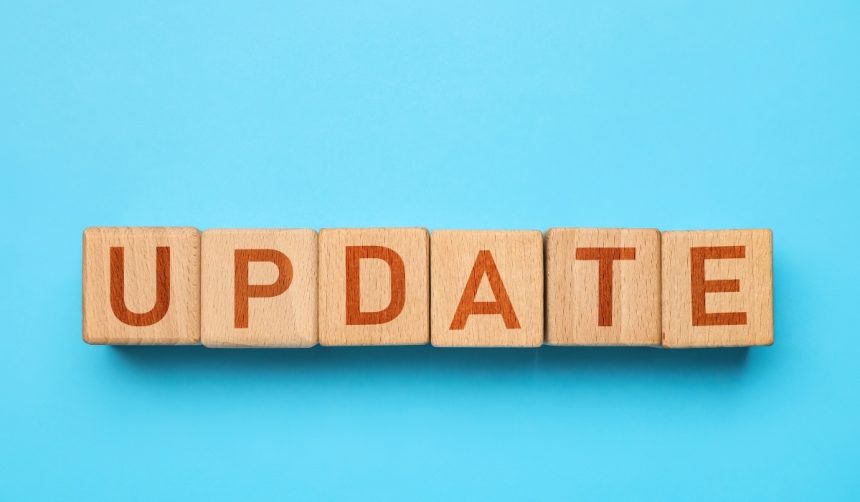Wordle continues to maintain its popularity as a daily word puzzle, offering both challenge and casual engagement for its sizable community. On July 11, the puzzle featured the answer “BRAND”, a word that resonates in marketing and intellectual property circles. Many players rely on strategic hints and starting words to improve their odds, seeking to sustain their winning streaks. These puzzle-solving habits have fostered a culture around best approaches, as subtle shifts in approach can make or break a game. With no timer, participants choose their own pace, sometimes returning to the puzzle after a pause, which can offer a refreshed perspective on potential solutions.
Wordle’s format and its answer distribution have been widely discussed in the past, especially after its acquisition by The New York Times. While previous puzzles like “JUMPY” and “NOVEL” tested uncommon letter combinations, “BRAND” brings a more familiar term but with its own guessing pitfalls. Observers have noted that, despite the evolving answer list, the game’s core mechanism remains steady, with some expressing surprise when easily guessed words appear after a string of trickier options. Trends suggest that while Wordle’s answers vary in difficulty, regular players adapt quickly to these shifts, often using lists of old answers to build effective strategies.
How Did Players Approach Today’s Word?
As players opened the July 11 puzzle, many adopted a familiar approach: starting with words containing a strong mix of consonants and vowels. This method increases the probability of revealing key letters early. Noticing that there was no double letter in today’s answer, participants narrowed their guesses using tactical logic. After a few rounds, yellow-highlighted letters helped players refine their next steps, pushing them closer to identifying “BRAND”.
What Strategies Improve Wordle Performance?
Consistent advice for Wordle enthusiasts centers on opening with non-repetitive, common letter words, then adjusting follow-up guesses based on feedback. For instance, advice such as
A good opening guess should contain a mix of unique consonants and vowels.
has helped many avoid early missteps. Regular players often consult previous answers to avoid repetitions, focusing attention on words unlikely to appear again soon. Additionally, taking breaks can clear the mind and foster inspiration when returning to the puzzle later.
Are Wordle’s Hints Effective for All Users?
Hints remain a core resource for both experienced and new players. While some use hints before their first move, others turn to them during more difficult phases of the puzzle. The non-competitive, untimed format lets individuals employ hints at their own pace. This flexibility helps foster a relaxed environment, encouraging broader participation and allowing users to set personal goals without external pressure.
Wordle was originally designed by Josh Wardle for personal amusement before gaining colossal popularity online. Its daily five-letter puzzles now inspire similar games spanning diverse topics, from music to mathematics. With The New York Times at its helm, Wordle’s staying power hinges on balancing approachable challenges like “BRAND” and tougher ones that push player skill. Users who maintain records of previous answers and experiment with strategy tend to build longer winning streaks. For those seeking improvement, recognizing letter patterns and adopting pause-and-return tactics can provide an edge.
- Wordle’s July 11 answer was the five-letter word “BRAND”.
- Strategic hints, starting words, and breaks help boost puzzle-solving accuracy.
- The game encourages steady, non-rushed problem-solving and experimentation.










